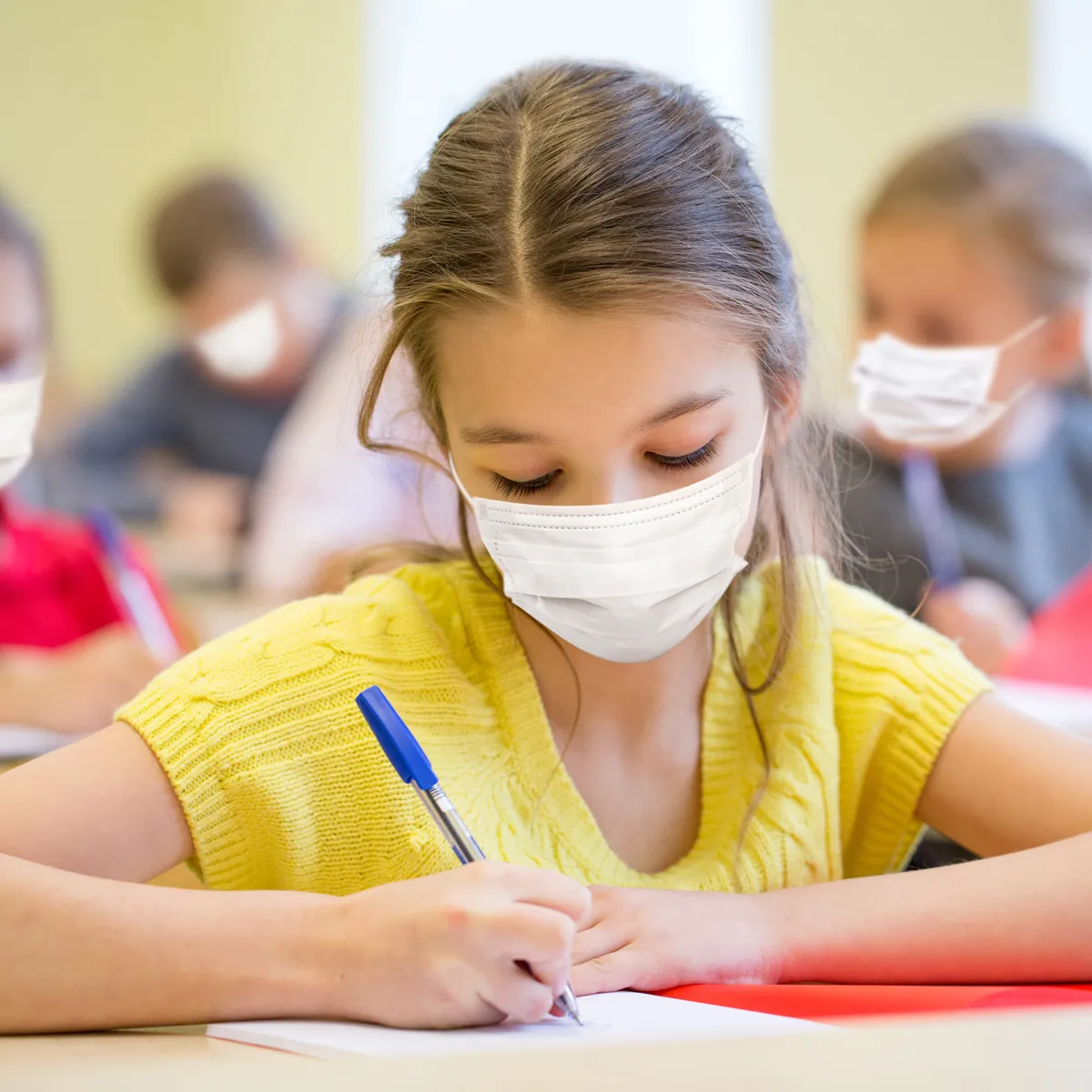
Physio-metabolic and clinical consequences of wearing face masks—Systematic review with meta-analysis and comprehensive evaluation
Published in Frontiers in Public Health | 5 April 2023
Conclusion
This systematic review comprehensively revealed ample evidence for multiple adverse physio-metabolic and clinical outcomes of medical face masks, with worse outcomes in the case of N95 masks. This can have long-term clinical consequences, especially for vulnerable groups e.g., children, pregnant, older adult, and the ill. Besides transient and progressive hypoxemia, hypercarbia, and individualized clinical symptoms our findings are in line with reports on face masks caused down-stream aberrations (e.g., oxidative stress, hypercapnia, vasoconstriction, pro-inflammatory response, immunosuppression etc.) at the organ, cellular and microbiome levels and support the MIES (Mask Induced Exhaustion Syndrome). From our point of view, while a short application of the mask seems to be less harmful, longer and long-term use may cause shift toward the pathophysiological direction with clinical consequences even without exceeding physiological thresholds (O2 and CO2).
So far, several MIES symptoms may have been misinterpreted as long COVID-19 symptoms.
In any case, the possible MIES triggered by masks contrasts with the WHO definition of health.
The exact threshold of harmless and non-pathogenic time wearing a mask should exclusively be determined by further intensive research and studies. Due to the ultimate lack of exclusion of the harmfulness of mask wearing, mask use by the general public should be discouraged.
In the sense of effectiveness of face masks in the real-world setting (cost-benefit), the mask should show a benefit in terms of reduced respiratory infections, e.g., in healthcare through fewer consultations or hospitalizations (192). Unfortunately, this was not the case, e.g., in Germany (193) and USA (194), where mask mandates were ubiquitous (9). Additionally, there is evidence that COVID-19 rates have been able to expand swiftly when omicron hit (178) even in societies where mask use was assiduously followed— as in Korea, Taiwan, Hong Kong, and Singapore (179).
From the above facts, we conclude that a mask requirement must be reconsidered in a strictly scientific way without any political interference as well as from a humanitarian and ethical point of view. There is an urgent need to balance adverse mask effects with their anticipated efficacy against viral transmission. In the absence of strong empirical evidence of mask effectiveness, mask wearing should not be mandated let alone enforced by law.
fpubh-11-1125150